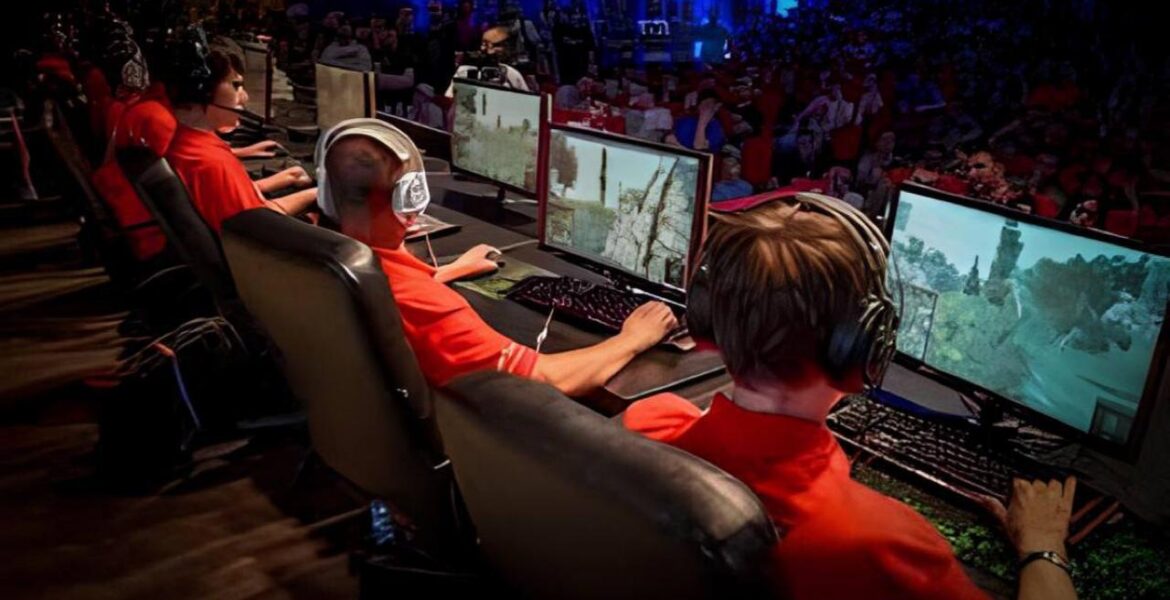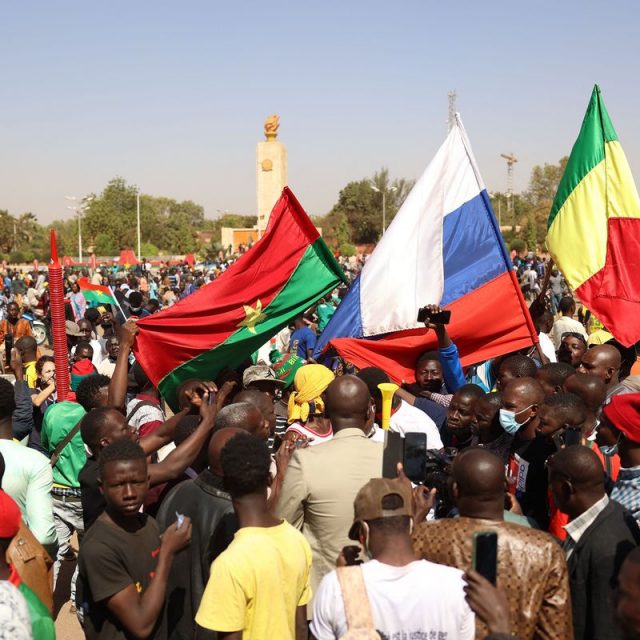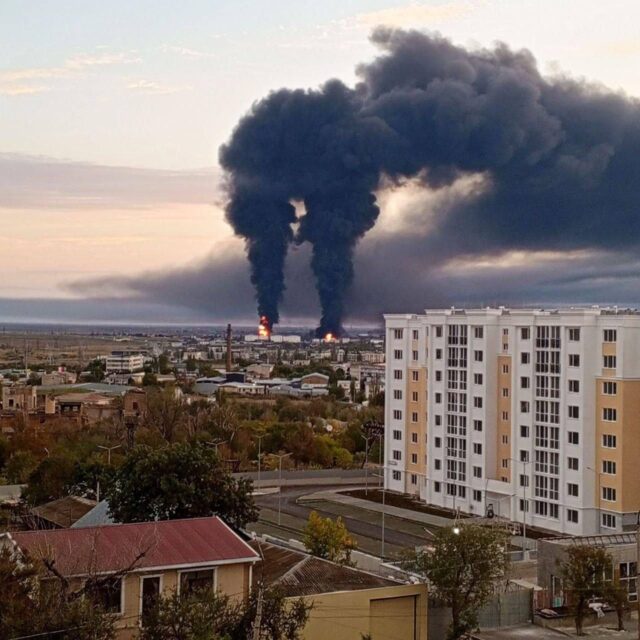Cybersport is not out of politics: “Games of the Future” as a way of spreading propaganda messages to young people.
Russia has repeatedly used sports and art for political purposes. Cybersport is no exception. By organising cybersport events, the Russian authorities not only want to show the world that they are not internationally isolated but also to attract foreign participants to cooperate with the Russian security forces and to involve them in the war against Ukraine.
On 21 February, on the eve of the anniversary of the invasion of Ukraine, Russia plans to open the “Games of the Future” in Kazan. Russia says that the Games of the Future is a large-scale sporting event at the intersection of sport, science and technology, a synergy of spectacular classical and digital sports. The organisers claim the participation of 2,000 participants from 100 countries.
The dates of the Future Games from 21 February to 3 March play a special role in Russian propaganda. The international event is not just scheduled for these days when Russia will once again be celebrating the start of the war against Ukraine. Besides influencing international guests, the authorities also want to show the world that after 2 years of war, young foreigners are willing to visit Russia.
Russia does not hold such events “for fun”. And certainly does not throw money for holding and prizes just for fun. The fact is that since the beginning of the war against Ukraine, about 700,000 people have left Russia. Most of them are young people who have something to lose. IT specialists, technology specialists, sportsmen, and artists have left Russia quite possibly forever, and this has created a huge shortage of qualified specialists and talented young people.
Accordingly, for the Russian authorities, the “Games of the Future” play the role of a kind of casting, in the course of which they will look for the most talented and promising foreigners to lure and persuade them to cooperate. Given the significant outflow of talented young people, the logical conclusion is that Russia is not the best place for development.
Any beliefs of the Russian authorities about technological sovereignty remain just fantasy and fiction. In reality, Russia either copies Western technologies or openly passes off Chinese developments as its own. Also according to the budget law, the allocation for the federal project “Artificial Intelligence” in 2024 will be cut by almost 20 per cent – and yet Putin declares the need to develop the industry. Suspicious, isn’t it?
But the most important danger of participating in such events is not so much the theft of intellectual property (which is certainly also an important aspect), but rather the fact that Russia intends to use cyber athletes and scientific specialists in the war against Ukraine. For example, Dmitry Smith, head of the Russian Computer Sports Federation, called for cyber athletes to form units to operate UAVs. That is, Russia wants to send cyber athletes to the front. A different kind of activity is proposed for high-tech specialists, namely involvement in developing technologies that will help Russia kill more people. Even though such activity takes place away from the frontline, it can also be lethal – because Russian law enforcers can fabricate a criminal case for any slip-up at any time.
Several teams have already withdrawn from the Future Games, with Nouns announcing their withdrawal on 26 January and Nigma Galaxy announcing a similar decision on 12 February. Nouns COO Peter ‘ppd’ Dagher commented on the team’s decision to withdraw from the Future Games on Richard Lewis’ podcast, saying that he “wouldn’t have gone to the tournament myself”.
The boycott of such events held in Russia is important primarily for the personal safety of each of the participants, as the Russian authorities seek to attract as many people as possible to participate in the war, including foreigners.




